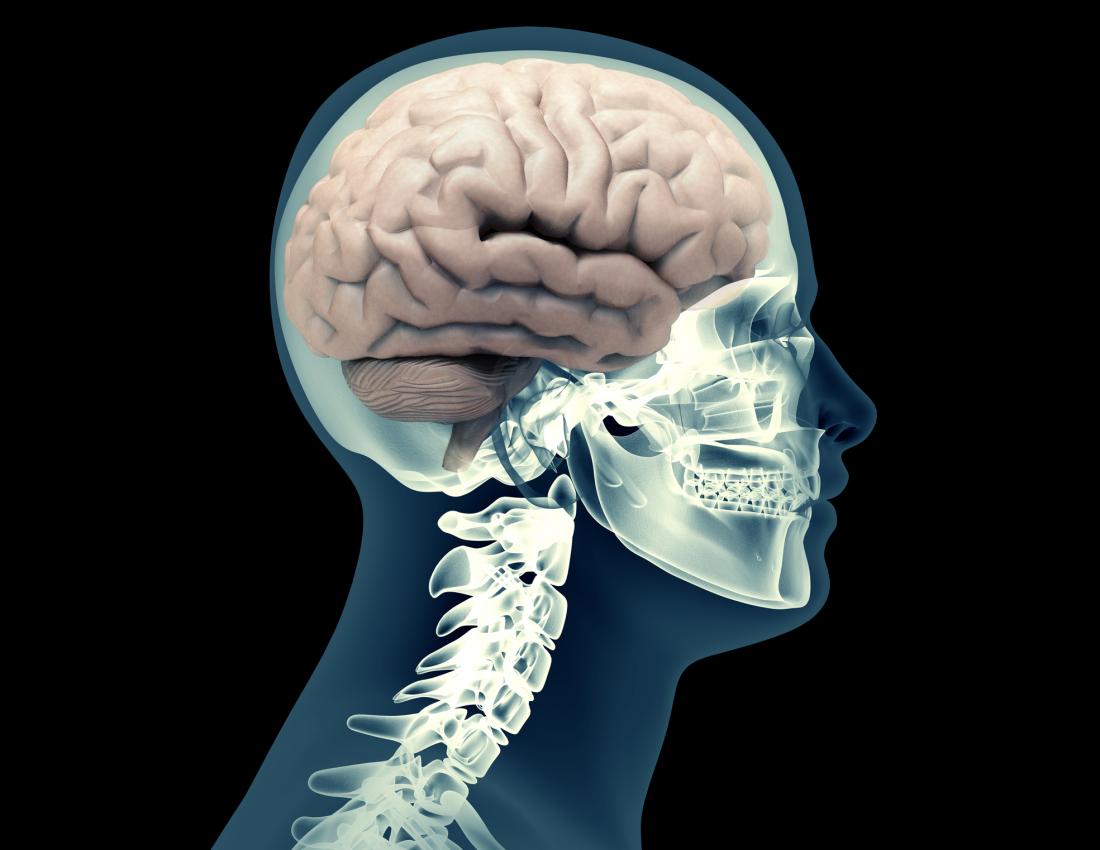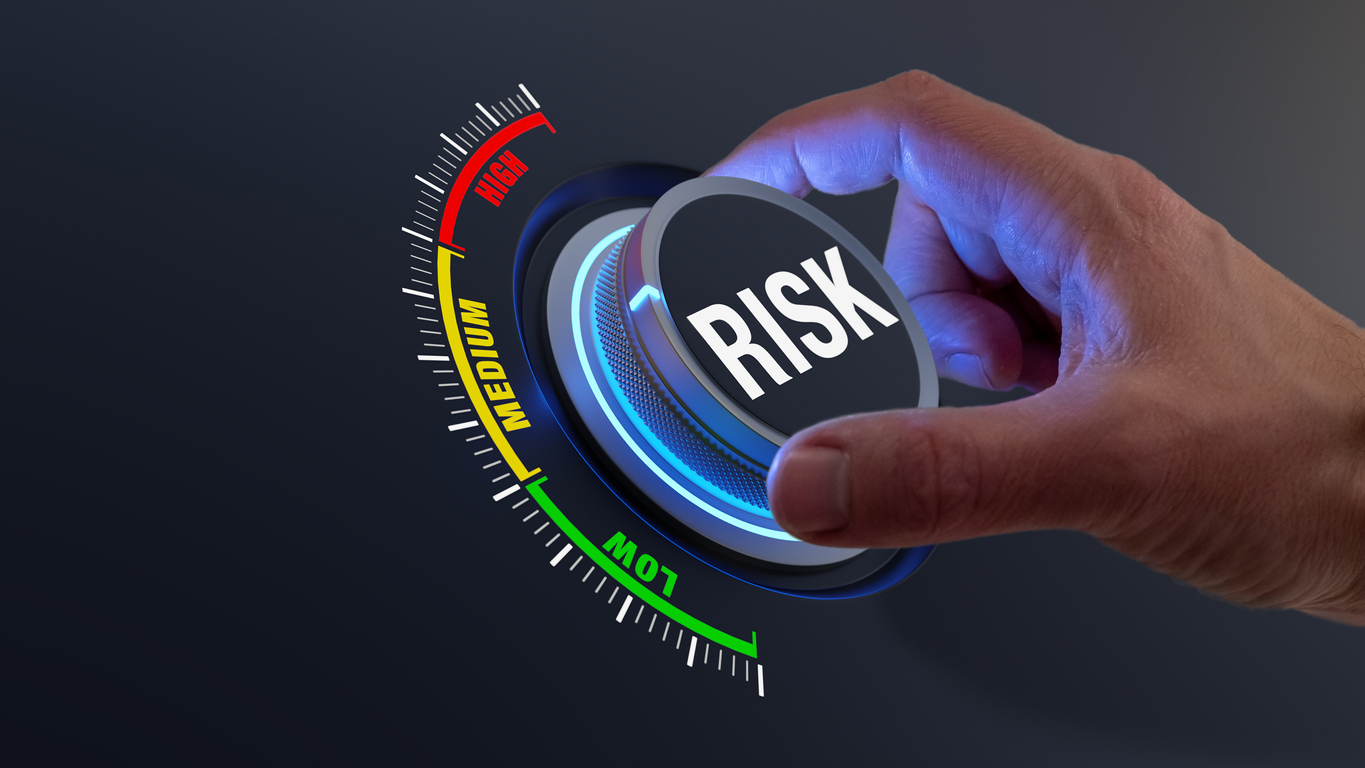
Thyroid-stimulating hormone (TSH) instructs the thyroid gland to produce hormones that regulate your metabolism, or how your body utilizes and stores energy. TSH levels in the blood might tell whether or not your thyroid gland is working appropriately.
TSH strictly regulates the levels of other thyroid hormones in your blood. Hypothyroidism is characterized by high TSH levels, which suggest that your thyroid is underactive and needs to be stimulated more. Hyperthyroidism is a condition in which the thyroid gland is hyperactive and requires less stimulation. Hypothyroidism affects about 5% of adults in the Australia and the United States, while hyperthyroidism affects slightly more than 1%. Here is Advanced functional medicine Australia for your further medical assistance with thyroid disorders.
The Thyroid test’s objective
Your TSH level tells you whether or not your thyroid gland is in good working order. TSH is frequently evaluated as part of a thyroid panel, which also includes tests of thyroid hormones. Additional thyroid tests may be requested if TSH is checked alone and the result is abnormal.
TSH testing can be used for a variety of reasons, including:
- To determine if the thyroid gland is underactive or hyperactive.
- Thyroid illness should be checked for before symptoms appear, especially in infants.
- A thyroid nodule is a lump on the thyroid gland that has to be evaluated.
- To determine the severity of a goiter, which is an enlargement of the thyroid gland.
- Thyroid illnesses such as Hashimoto’s thyroiditis, Graves’ disease, and thyroid cancer are diagnosed or ruled out.
- To monitor a patient’s response to treatment for hypothyroidism, hyperthyroidism, or another thyroid disorder.
What is the purpose of the test?
Thyroid-stimulating hormone (TSH) is a hormone that stimulates the production of other hormones by the thyroid gland. Thyroxine and triiodothyronine (T3) are produced by the thyroid gland, a butterfly-shaped gland in your neck (T4). T3 and T4 regulate your metabolism, or how your body uses and stores energy.
TSH is produced in the pituitary gland and works on the thyroid gland by attaching to the TSH receptor. Because it generates several hormones that influence the actions of other glands in the body, the pituitary gland is sometimes referred to as “the master gland.” When your T3 and T4 hormone levels are either low or too high, your pituitary gland can detect it.
TSH levels may be high if your thyroid is underactive, as your pituitary gland tries to stimulate the thyroid to generate more T3 and T4. Because your pituitary gland stops producing TSH when your thyroid hormone levels are too high, your TSH may be unusually low if your thyroid is overactive.
What is the best time to obtain a TSH test?
When doctors suspect a patient has a thyroid issue, TSH is frequently the first test they request. Hypothyroidism and hyperthyroidism are both prevalent thyroid conditions. TSH levels should be examined in all patients who exhibit symptoms of these thyroid diseases.
Your Australian functional medicine doctor in may recommend a TSH or a thyroid panel test if you have signs of these illnesses. Hypothyroidism causes the following symptoms:

- Fatigue \ Depression
- gaining weight
- Feeling cold.
- Muscles and joints that hurt
- Skin that is parched
- Hair that is thin and dry
- Low heart rate
- Constipation
- Irregular menstrual cycles
- Fertility issues
TSH is also used to assess patients with goiter, thyroid nodule, thyroid malignancy, Graves’ disease, or Hashimoto’s thyroiditis suspected of having additional thyroid problems. Several conditions can cause hypothyroidism or hyperthyroidism.
Adult TSH screening for hypothyroidism is controversial. In the absence of symptoms, screening entails testing. Early detection and treatment of the sickness are most effective when it helps patients avoid future medical problems.
Routine thyroid screening in people without symptoms is recommended by specific organizations, including the American Association of Clinical Endocrinology, the American Thyroid Association, and the Endocrine Society.
How to Obtain a Test
TSH testing is most commonly done in a doctor’s office or a medical facility such as a laboratory or a hospital. A doctor usually orders TSH tests, but they may also be obtained without one.
Is it possible for me to take the test at home?
Several test kits on the market allow you to produce a sample for TSH testing at home. Some kits measure TSH, whereas others measure TSH and other thyroid hormones, FT4, FT3, cortisol and free testosterone. These kits are available for purchase online and include everything you’ll need to draw a finger-prick blood sample and send it in for testing. You will receive your test results via a secure online platform. The best way is to visit a functional medicine practitioner to look at your overall health and order the appropriate testing.








